
THE DEFEAT OF ISIS
The destruction of ISIS is practicable, but requires more than just periodic bombing—and yet less than large infusions of conventional troops on the ground in the Middle East. Past American failures were not attributable so much to flaws in counter-insurgency doctrines or the inability of special forces and US military trainers and advisors to defeat terrorists and insurrectionists, as due to the absence of a consistent strategy, of a broad bipartisan political consensus, and of policies of intervention plainly articulated to the American people as cost-effective, achievable—and in the American national interest.
Implementing Stability in Iraq and Syria
by Max Boot
The Destruction of ISIS
by Peter R. Mansoor
Preventing Operational Atrophy in the Long War
by Vince Goulding
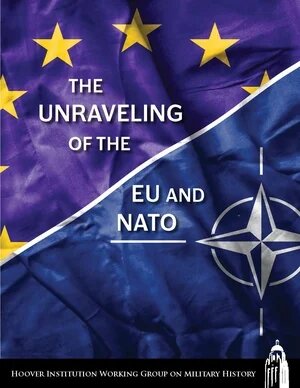
THE UNRAVELING OF THE EU AND NATO
Criticism of both the European Union and NATO should not be seen as necessarily synonymous with advocacy for the end of either. Instead, needed reform is critical to save both organizations. In the case of the European Union, more decentralization, federalism, and democracy among EU members might arrest the unfortunate top-heavy and inflexible bureaucracies that have led to financial, immigration, and border disputes that could result in a continental wide version of Brexit. NATO’s problem may be somewhat the opposite: at present there may not be enough cohesion, military investment, and commonality among the disparate members, or sufficient centralized control, to marshall the necessary resources to deter threats to the Western alliance.
EU and NATO: Obsolete or Obstinate?
by Josef Joffe
NATO, Brexit, and America’s Security
by Bruce S. Thornton
Why NATO Matters and How to Revive It After Brexit
by Robert Kaufman
A Future for NATO and the European Union
by Paul Rahe
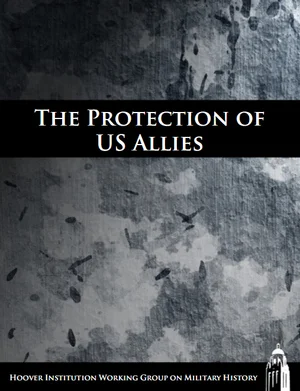
THE PROTECTION OF US ALLIES
This essay series considers whether alliances are different from merely ad hoc and temporary coalitions of those willing to share the burden of fighting in particular places for a set time. If they are, how should the United States strengthen its current alliances and reassure our long-time allies across the globe that we still entertain mutual concerns that will translate into shared efforts to protect friends and punish enemies? Furthermore, if traditional U.S. security guarantees to our major allies are insufficient, do they have the ability to develop their own deterrent forces?
A Single British Soldier: On Extended Deterrence and Security Guarantees for America's Allies
by Josef Joffe
Are Traditional US Security Guarantees Still Sufficient?: Quis Custodiet Ipsum Custodem
by Angelo M. Codevilla
Alliance, Engagement, and America's Indolent China Strategy
by Miles Maochun Yu
The Protection of US Allies
by Andrew Roberts
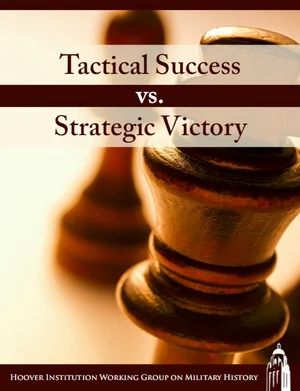
FROM TACTICAL SUCCESS TO STRATEGIC VICTORY
Since the Vietnam War, the United States has found it difficult to translate tactical successes on the battlefield against an array of enemies into long-term strategic advantage. A variety of reasons may explain this half-century phenomenon—from the growth in the number of nuclear powers and attendant deterrence, a change in attitudes among Western publics about the costs, utility, and morality of using armed force, to the informational revolution through social media, the Internet, and telecommunications that can bring even insignificant battles instantly to the attention and assessment of the entire world.
A Winning Strategy: Combine Military Force with Good Governance
by Kori Schake
How We Fight in the Twenty-First Century: Winning Battles While Losing Wars
by Bing West
The White House’s Seven Deadly Errors
by Mark Moyar
Why America Can't Win Its Wars
by Peter R. Mansoor
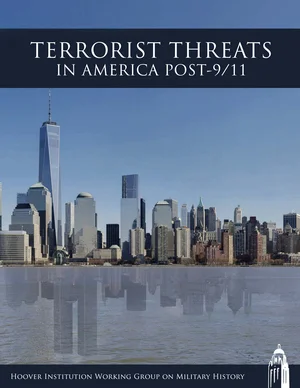
TERRORIST THREATS IN AMERICA POST-9/11
The ultimate fear of Americans is a repeat of the 9/11 attacks, over a decade after the devastating attacks on our airliners, the World Trade Center, and the Pentagon. Are we still safe from another attack, or has our vigilance slipped both here and abroad, out of complacency, naiveté about the ongoing threats we still face, or the enemy’s ability to expand and innovate?
What Terrorism Could Have in Store for America
by Mark Moyar
ISIS: A Threat?
by Williamson Murray
Terror Now
by Ralph Peters
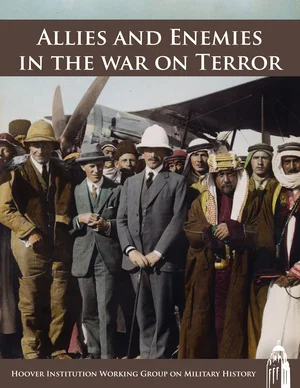
ALLIES AND ENEMIES IN THE WAR ON TERROR
We seem to have a static view of our friends and opponents in the war against terrorism. In fact, allies and enemies are fluid in their efforts to help, to hinder or to just ignore the U.S. Their attitudes abroad constantly shift as a result of the perceived strength and will of the U.S. at any given time to defeat radical Islamic terror.
Friends, Enemies, and 'Frenemies'
by Max Boot
Realism about Allies: What the U.S. Can Expect from Middle Eastern Partners
by Frederick W. Kagan
Is Iran an Ally or Enemy?
by Bing West
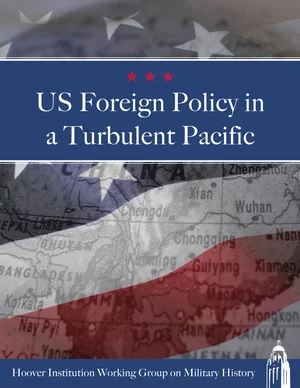
U.S. FOREIGN POLICY IN A TURBULENT PACIFIC
China’s neighbors seem to be weighing three choices in the face of an ascendant China: Should they look to an increasingly diffident U.S. for traditional guarantees of their security? Should they step up their own defenses, including the possibility of going nuclear? Or should they make concessions to Chinese aggression in realigning their foreign policy with the perceived new superpower?
Interest, Fear, and Honor
by Thomas Donnelly
Regional Tensions around China and the Role of the US in the Western Pacific
by Miles Maochun Yu







